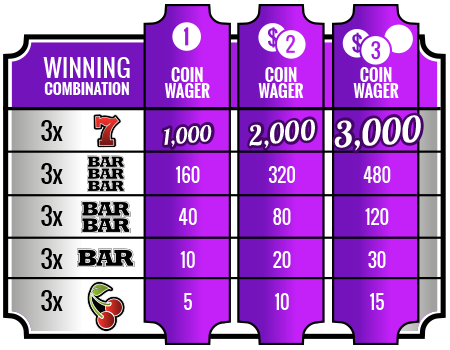For many poker players, bankroll management is a crucial aspect of their success in the game. Whether you are a professional player or just someone who enjoys playing poker for fun, understanding how to effectively manage your finances can make all the difference in the long run. In this article, we will dive into the importance of bankroll management in poker and provide you with some tips on how to keep your finances stable while playing the game.
Why is Bankroll Management Important?
Bankroll management is essential in poker because it helps you to stay in the game for longer periods and avoid going broke. By properly managing your bankroll, you can ensure that you have enough funds to weather the inevitable ups and downs that come with playing poker. Without proper bankroll management, even the most skilled players can quickly find themselves on the losing end of the game.
Setting a Budget
One of the first steps in bankroll management is to set a budget for yourself. Determine how much money you are willing to risk playing poker and stick to that amount. It is important to only play with funds that you can afford to lose, as poker is a game of skill and luck, and there is always a risk of losing money.
Determining Bet Sizes
When playing poker, it is important to carefully consider your bet sizes to ensure that you are not risking too much of your bankroll on a single hand. A good rule of thumb is to never bet more than 1-2% of your total bankroll on a single hand. By limiting your bet sizes, you can protect your bankroll and avoid going on tilt after a series of unfortunate hands.
Avoiding Tilt
Tilt is a common term in poker that refers to a player’s emotional state when they are on a losing streak. It can lead to poor decision-making and reckless betting, which can quickly deplete your bankroll. To avoid tilt, it is important to take breaks when you are feeling frustrated or upset and to never chase losses by increasing your bets in an attempt to recoup your losses.
Tracking Your Results
Keep a record of your wins and losses while playing poker to help you track your progress and identify any areas where you may need to improve. By analyzing your results, you can identify patterns in your gameplay and make adjustments to your strategy to become a more successful player over time.
Conclusion
Bankroll management is a crucial aspect of being a successful poker player. By setting a budget, determining appropriate bet sizes, avoiding tilt, and tracking your results, you can keep your finances stable while playing poker and increase your chances of long-term success in the game.
Remember, poker is a game of skill and luck, and there will always be ups and downs along the way. By practicing good bankroll management, you can ensure that you have the staying power to ride out the inevitable swings and come out on top in the long run.













